ENVIRONMENT These are articles previously published by Toward Freedom related to this category.
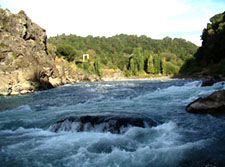
ENVIRONMENT These are articles previously published by Toward Freedom related to this category.

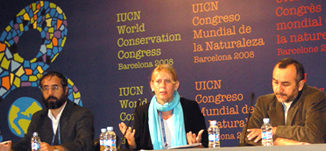
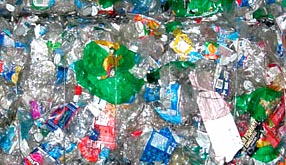

Complaining about the weather is about as American as apple pie, sitcoms and rock and roll. But while the rest of the world has been noticing for years that our increasingly unstable weather is an initial sign of potentially devastating global climate changes, our nation's collective heads have mostly remained in the sand. Finally, over the past year or so, things have begun to shift a little.
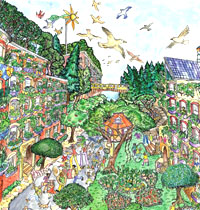
Over the past year, we've seen an unprecedented rise in awareness of the consequences of potentially catastrophic global climate changes, and the need for a more ecologically sound way of life. We know that profound changes in our energy systems, our modes of transportation, and our entire way of life, are absolutely essential if we are to avoid a cascade of climate disruptions that will threaten every aspect of life on earth. We also know that people living in the global South, especially in subsistence cultures that contribute the least to carbon dioxide and other greenhouse gas emissions, are already facing the most severe consequences of an increasingly chaotic climate.
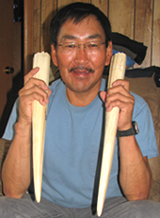
Copyright Toward Freedom 2019